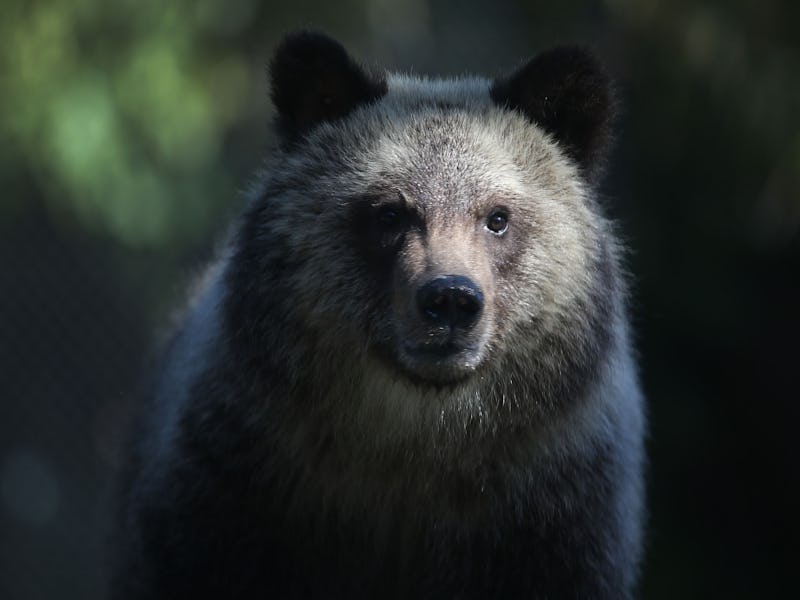Bears Are Totally Fine With High Saturated Fat Diets, According to Science
I wanna be a bear.

Remember Super Size Me, the 2004 documentary in which its subject ate McDonald’s for his three square meals each day? By the end of his 30-day Big Mac binge, filmmaker Morgan Spurlock had gained over 20 pounds. He experienced heart palpitations, lethargy, and couldn’t, uh, perform in bed. His physician warned him that he was “pickling his liver.”
Grizzly bears, as it turns out, can eat all the Big Macs they desire and their health won’t suffer.
A study published on Monday in the Canadian Journal of Zoology found that bears had relatively the same level of metabolic health as before they began eating a high-fat diet. They showed no signs of disease that would typically be found in humans eating such a diet, such as insulin resistance. Bears find such foods on campgrounds or are purposefully fed by humans (don’t do this).
A grizzly bear looking for a Big Mac, probably.
Danielle Rivet lead the study at Washington State University. The research team fed one group of grizzlies a diet of salmon and oats, similar to what they eat in the wild. Another group of bears were fed beef and cheese; clearly, these were the luckier bears. The bears then entered their annual hibernation. When they awoke, the team found that the bears who ate cheese had the same insulin and cholesterol levels as the control group bears who ate a wild diet.
Why did the bears remain relatively healthy? When bears hibernate, they exclusively process and metabolize their fat stores over several months.
“While [grizzly] bears were relatively resistant to developing severe metabolic imbalances or overt clinical disease due to a high saturated fat diet, it is important to note that this study occurred only over a single feeding season,” Rivet says of the research.
Bear bodies are equipped to maintain 30-40 percent body fat rates, which for humans, is considered medically obese.
“Obesity as defined by human standards may be healthy or even necessary for this species to thrive and reproduce,” Rivet says.
This has no effect on bears, unlike weak humans.
Metabolic numbers may have remained the same, but the bears fed a high-fat diet did exhibit signs of mild inflammation and heart strain. More research is needed to determine the long-term effects of a high-fat diet — the study only followed the bears through one season.
Ultimately, Rivet still recommends that humans not feed bears their cast-off foods.
“[The] availability of human refuse in natural areas inhabited by bears should be eliminated for bear, as well as human, health, and safety,” she says. It makes sense — bears eating people food increases the risk of bears eating people.
If you liked this article, check out this video of a scientist wearing a polar bear suit to study animals in the Arctic.